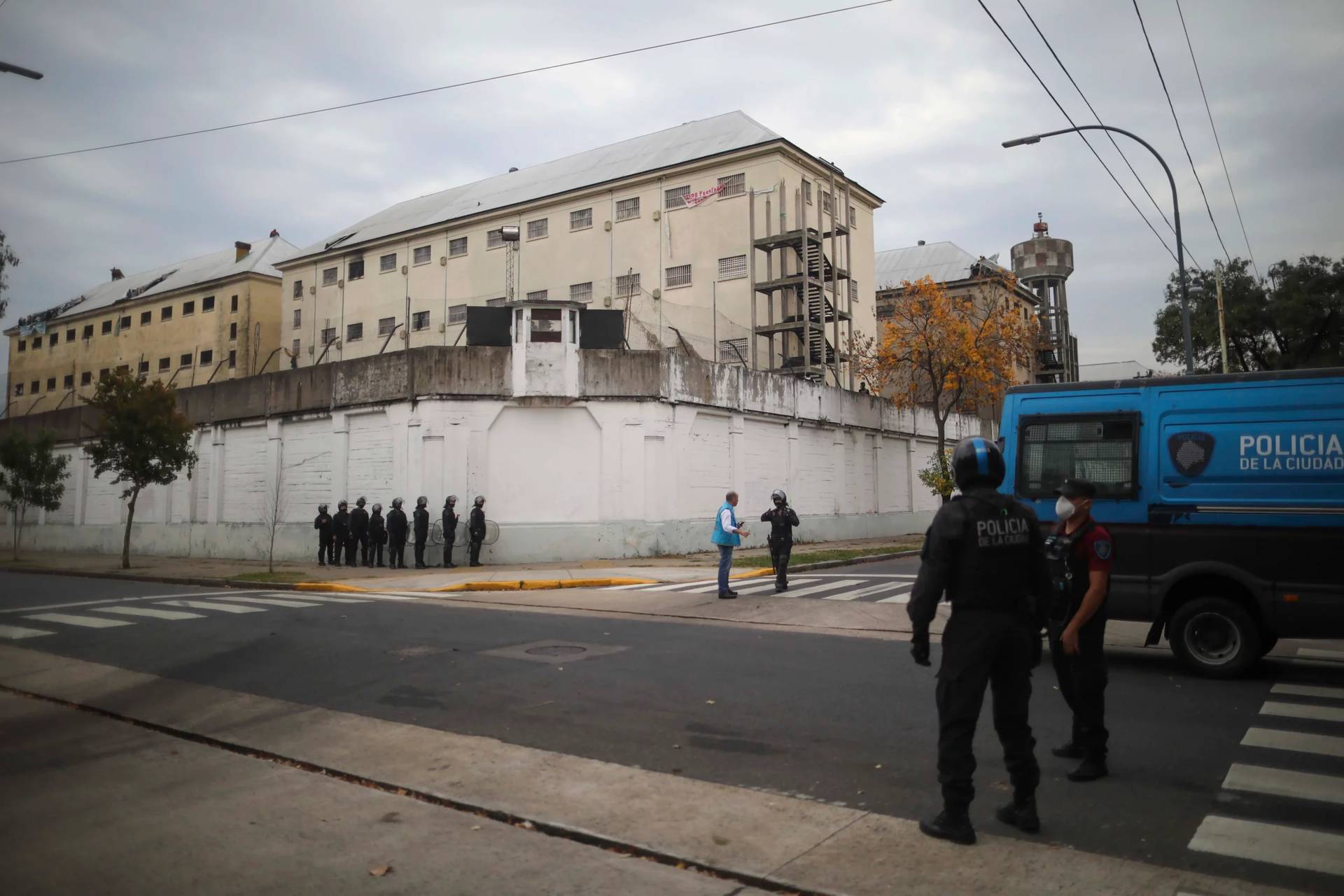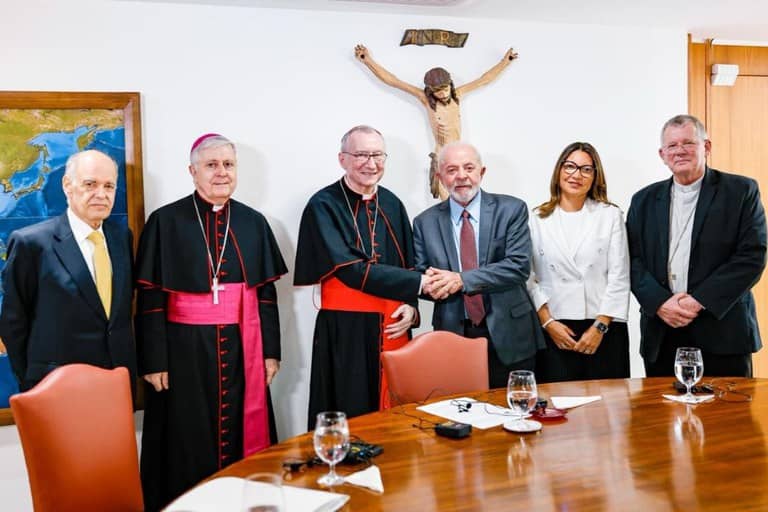ROSARIO, Argentina – Poverty, democracy, and migration are among the top priorities for the newly elected leadership of the bishops’ conference in Venezuela.
The prelates, who are meeting Jan. 7-12, chose not to hold a press conference after their election due to the COVID-19 pandemic, but the YouTube account of the conference shared a series of videos in which the new president, vice-presidents and secretary shared their views about their three-year term.
Archbishop Jesús González de Zárate Salas of Cumaná, the new president of the CEV, spoke of “walking together with all the people of God in the construction of pastoral responses to the great challenges that reality presents us, especially in the dramatic and complex situation that Venezuela has been living in the last decades.”
Jesús González listed challenges such as migration, poverty and problems with transportation and reiterated that “ the Church has always wanted to be in the midst of its people, as part of its people, sharing day by day all the realities that our people live, announcing Jesus Christ, bringing the good news of salvation.”
Bishop Raúl Biord Castillo of La Guaira, the conference’s new secretary general, said the church’s challenge is in how it responds to its people’s needs. “ “The first need,” he said, “is the Gospel, therefore evangelization.” He also said the church must “accompany our people in their concrete needs, and to help and accompany the communities to improve their quality of life.”
In addition, he said, the prelates want to strengthen the country’s institutions and democracy. “We do not need messiahs, saviors or personal leaderships but a respect for institutions at all levels: Social, family, political, economic and ecclesiastical.”
Though all the prelates veered away from naming any specific politicians, they did refer to a “decades lasting” crisis.
Venezuela’s president, Nicolas Maduro, has been in power for nine years, following Hugo Chavez’s decade in power. In this period, poverty in Venezuela has increased, impacting 95 percent of the population. In addition, more than six million people have fled the country since Maduro took office, making it the worst non-war-related migration crisis in the world.
Biord highlighted the challenge of migration and how “ to accompany those who have left, but also those who have remained and find themselves alone.”
He also urged fellow Venezuelans to promote a culture of good treatment, as well as an integral ecology, by fighting the “illegal and voracious mining” in the country’s Amazon region.
While the economic, humanitarian, and political crisis in Venezuela worsens, criminal groups — including gangs, Colombian guerrilla groups, and paramilitary groups, known locally as colectivos — are competing for control of the country’s valuable mineral resources. These resources include bauxite, coltan, diamonds, and gold. Illegal mining is causing irreversible damage to the environment, fueling human rights abuses, and creating significant security threats for Venezuela and the region.
Biord told his audience that “on the 50th anniversary of the institution of the Synod of Bishops, Pope Francis said that synodality is the path that God expects from the church in the third millennium.”
According to the prelate, it’s about “recovering a constitutive note” of the Catholic Church.
“In the Creed we say that the Church is one, Catholic and apostolic. We could add synodal. It’s an element that has been there from the beginning: The apostles gathered to wait for the Holy Spirit, met in a council to decide the most important matters of the early Church, and during the first centuries, the churches met in these provincial, plenary and ecumenical councils.”
Synodality, Biord said, is marked by “walking together” as a people of God, including bishops, priests, deacons, religious and laity.
Archbishop Ulises Gutierrez expressed an element of hope in his remarks.
He acknowledged that the current situation Venezuela is living through is “very difficult, very hard,” but “the action of God blesses us.”
“After the storm, which has lasted for a long time, comes the calm. After the night, comes the day. And even in the night the stars shine, and those stars are the guidance that the Lord gives us, calling us to be brothers in fraternity.”
Follow Inés San Martín on Twitter: @inesanma















